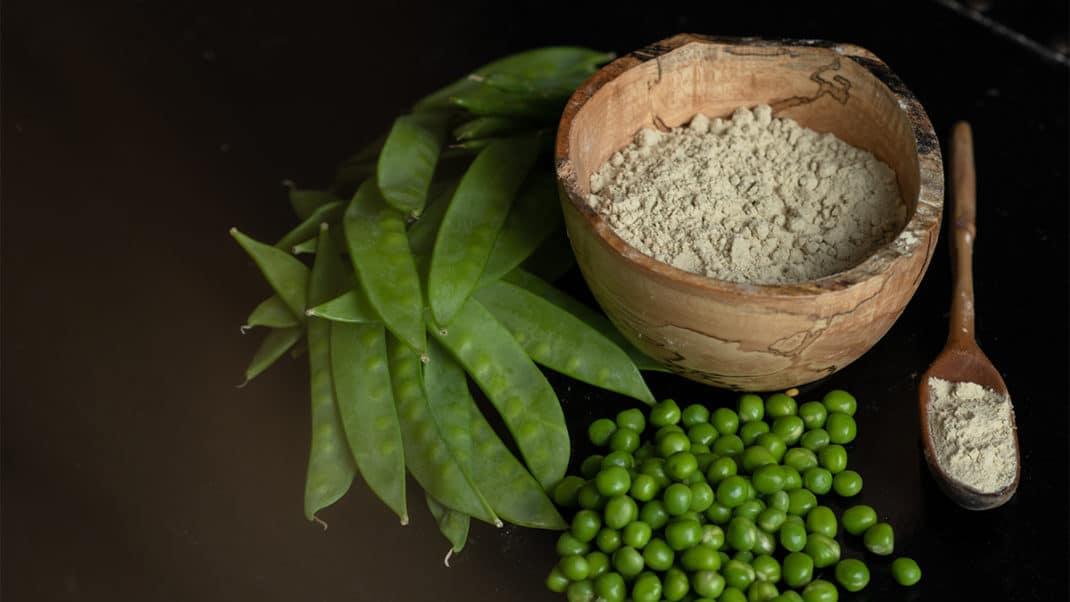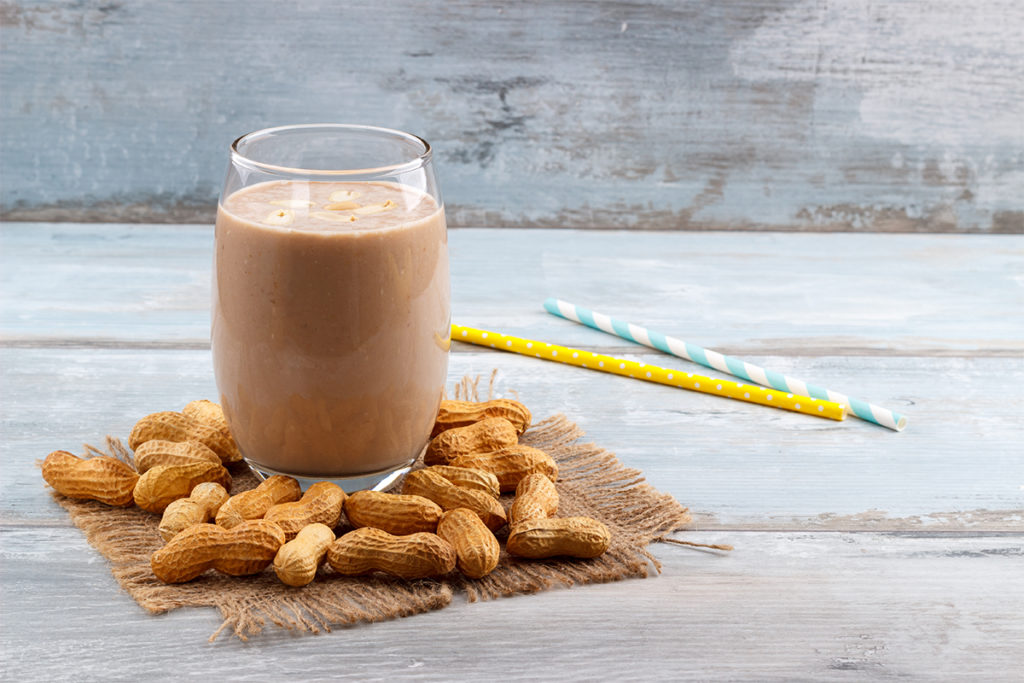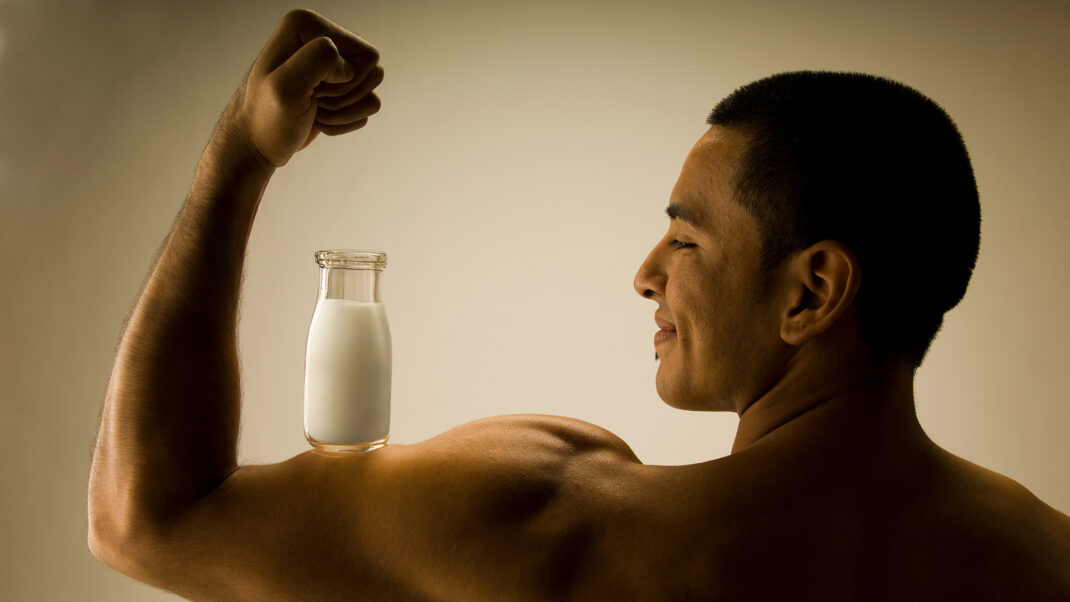Bye or Buy? Pea Protein
Is it worth shelling out for?

As the popularity of plant-based eating continues to rise, protein sources from the plant kingdom have been flooding the food market. This includes pea protein powder that people are now blitzing into their postworkout shakes.
To make the powder, dried yellow split peas are ground into flour and then processed so the protein can be separated from the starches. Isolates go through an additional filtration step, creating a product with roughly 90% of protein by weight, meaning fewer carbs. Depending on the brand, a pea protein powder can have 15–25 grams of protein in a serving. This can be a great option for those who don’t tolerate dairy-based protein powders or who have decided to eat only foods from the plant kingdom.
Some research does demonstrate that pea protein can be just as effective at improving muscle size and strength in response to a training program as does whey protein. This outcome makes sense when you consider that tests show pea protein has a high essential amino acid content as a percentage of its total protein. It’s also worth noting that it has a very low allergen profile or sensitivity issues, so can be safely consumed by almost everyone.
One concern is that it’s not quite a complete protein, since it’s low in the amino acids methionine and cysteine. But many brands will blend pea protein with other plant-based options like brown rice to create a complete protein with an optimal amino acid profile. Also, if someone is already getting a sufficient amount of protein to meet their needs then adding in extra pea protein likely won’t bring many physique benefits. And remember that it does not provide the levels of fiber, vitamins, minerals and antioxidants that you would get from whole peas.
The verdict: Pea protein powder is a high-quality protein that’s an easy and effective way to boost protein intake and support training. But it’s certainly an optional item to use since most people can still get enough protein from whole foods.
See also: Plant Protein for Muscle Growth
Matthew Kadey, MS, RD
Matthew Kadey, MS, RD, is a James Beard Award–winning food journalist, dietitian and author of the cookbook Rocket Fuel: Power-Packed Food for Sport + Adventure (VeloPress 2016). He has written for dozens of magazines, including Runner’s World, Men’s Health, Shape, Men’s Fitness and Muscle and Fitness.





